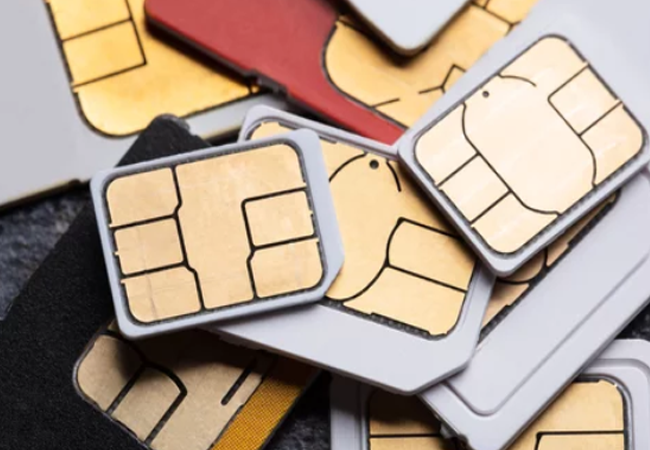The Department of Information and Communication Technology (DICT) has recently taken commendable strides in securing a future where mobile communications are as safe as they are accessible. On July 23, they proudly announced that over 105 million SIM cards have been officially registered with the government.
The Breakdown of SIM Registration: Globe, Smart, and DITO
Of this overwhelming number, 48,019,084 registrations belong to Globe users. Smart, a close contender, boasts of a robust 49,740,428 registrants. Notably, the newcomer DITO, despite being a relatively younger player in the industry, has garnered a solid 7,500,828 registrations. The remarkable figures collectively represent a crucial step in the government's mission towards fortified telecom security.
SIM Registration: A Close on July 25
The registration period officially concludes on July 25, underlining the government's firm resolution in adherence to the set timeline. With the deadline set in stone, there will be no room for further extensions. This stern move signifies a definitive approach to the significant task of SIM card registration.
Grace Period: A Window of Opportunity
Post-deadline, the unregistered SIMs will face deactivation. However, as part of an empathetic approach towards the citizens, a provision of a 5-day grace period is in place. During this time, users will be granted the opportunity to register their mobile numbers. This measure guarantees an additional safety net, providing room for late registrants to avoid unnecessary service disruption.
The Implications: What does this Mean for the Future?
The DICT's recent initiative manifests an era where mobile security and transparency are given utmost priority. By ensuring that every SIM card is registered, we usher in an environment where the risks associated with anonymous communication are significantly mitigated. This paves the way for a safer, more secure digital landscape for every Filipino.
The implementation of this deadline, coupled with the grace period, reflects the government's firm yet compassionate governance. By enabling a mechanism to accommodate late registrants, they are not only prioritizing security but also showing a deep understanding of the citizens' circumstances.
In conclusion, the successful registration of over 105 million SIM cards is a remarkable milestone in DICT's journey towards achieving optimal security in the realm of mobile communication. With stringent measures in place, the future holds great promise for enhanced telecom security and user transparency in the Philippines.


Post a Comment